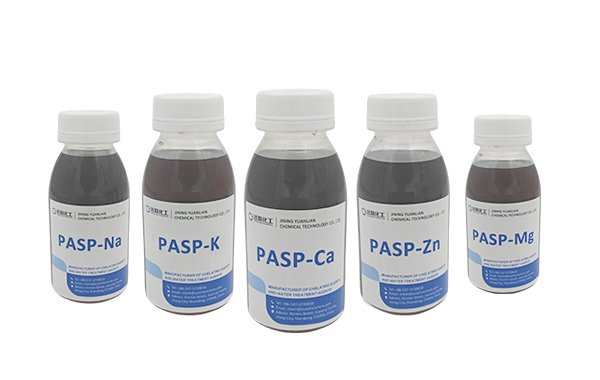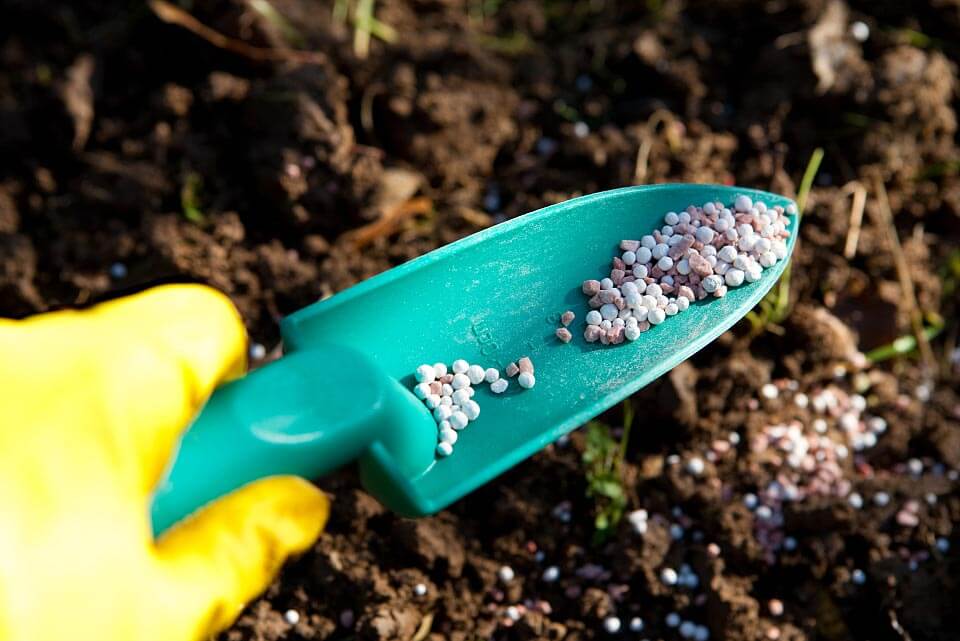
Polyaspartic Acid (PASP): Revolutionizing Sustainable Agriculture Through Advanced Nutrient Management
The Future of Farming is Green and Efficient
In an era of growing environmental concerns and increasing demand for agricultural productivity, farmers and growers worldwide face the critical challenge of maximizing crop yields while minimizing ecological impact. Polyaspartic Acid (PASP), a revolutionary biodegradable polymer, is transforming modern agriculture by enhancing nutrient efficiency, improving soil health, and promoting sustainable farming practices.
What is Polyaspartic Acid?
Polyaspartic Acid is a biodegradable, water-soluble polymer derived from natural aspartic acid. Its unique molecular structure features multiple carboxyl groups that effectively chelate nutrients and improve their availability to plants. Unlike traditional synthetic polymers, PASP is environmentally benign, breaking down into harmless substances after fulfilling its function in the soil.

Key Benefits for Agricultural Applications
1. Enhanced Nutrient Use Efficiency
-
Chelation Power: Effectively binds essential nutrients (N, P, K, Ca, Mg, Fe, Zn)
-
Reduced Leaching: Decreases nutrient loss through leaching by up to 40%
-
Improved Absorption: Enhances plant nutrient uptake efficiency by 25-35%
2. Soil Health Improvement
-
Water Retention: Improves soil moisture retention capacity
-
Structure Enhancement: Promotes better soil aggregation and aeration
-
Microbial Support: Creates favorable conditions for beneficial soil microorganisms
3. Environmental Sustainability
-
100% Biodegradable: Breaks down into natural components within weeks
-
Non-Toxic: Safe for soil organisms, crops, and the ecosystem
-
Reduced Runoff: Minimizes fertilizer contamination of water bodies
4. Economic Advantages
-
Lower Input Costs: Reduces fertilizer requirements by 20-30%
-
Increased Yields: Boosts crop productivity by 15-25%
-
Improved Quality: Enhances crop nutritional value and marketability
Application Methods and Recommendations
1. Fertilizer Enhancement
-
Liquid Formulations: Add 0.5-1.5% PASP to liquid fertilizers
-
Granular Coatings: Apply as coating material for conventional fertilizers
-
Foliar Sprays: Use 0.3-0.8% solutions for direct nutrient delivery

2. Soil Treatment
-
Pre-planting Application: Incorporate into soil at 2-4 kg/hectare
-
Irrigation Systems: Add to drip or sprinkler irrigation systems
-
Seed Treatment: Use as seed coating for improved early growth
3. Compatibility
-
Works effectively with most commercial fertilizers
-
Compatible with pesticides and other agricultural chemicals
-
Stable across wide pH and temperature ranges
Proven Results Across Multiple Crops
Case Study 1: Corn Production (Iowa, USA)
-
Application: PASP-treated nitrogen fertilizer
-
Results: 22% yield increase with 30% less nitrogen application
-
Environmental Impact: Reduced nitrate leaching by 45%
Case Study 2: Vegetable Farming (California, USA)
-
Application: PASP in drip irrigation systems
-
Results: 28% water saving with improved nutrient uptake
-
Economic Benefit: $380/hectare cost reduction
Case Study 3: Organic Farming (Germany)
-
Application: PASP with organic fertilizers
-
Results: 35% improvement in nutrient availability
-
Certification: Maintained organic compliance standards
Yuanlian Chemical: Your Partner in Agricultural Innovation
As a leading manufacturer of green chemical solutions, Yuanlian Chemical brings decades of expertise in PASP technology to the agricultural sector:
Product Excellence
-
High Purity: >95% active content for maximum effectiveness
-
Custom Formulations: Tailored solutions for specific crops and soil types
-
Quality Assurance: ISO 9001 certified manufacturing processes
Technical Support
-
Agronomic Expertise: Professional guidance on application methods
-
Field Trials: Collaborative testing and demonstration opportunities
-
Performance Monitoring: Ongoing support for optimal results
Sustainability Commitment
-
Eco-Certifications: Compliant with organic farming standards
-
Carbon-Neutral Production: Environmentally responsible manufacturing
-
Circular Economy: Support for sustainable agricultural practices
Why Choose PASP Over Conventional Alternatives?
| Parameter | PASP Technology | Traditional Polymers |
|---|---|---|
| Biodegradability | 100% biodegradable | Persistent in environment |
| Environmental Impact | Non-toxic, safe | Potential contamination |
| Nutrient Efficiency | 25-35% improvement | Limited enhancement |
| Soil Health | Improves over time | No long-term benefits |
| Cost Efficiency | 20-30% input reduction | Higher application rates |
The Future of Sustainable Agriculture
With global population projected to reach 9.7 billion by 2050, innovative solutions like PASP are essential for meeting food production demands while protecting our planet. The integration of green chemistry into agricultural practices represents the next frontier in sustainable farming.
Yuanlian Chemical invites you to join the agricultural revolution:
-
Request free samples for field testing
-
Access technical documentation and research data
-
Schedule consultation with our agricultural experts
-
Explore customized formulations for your specific needs
Embrace the power of green chemistry for a more productive and sustainable agricultural future.
Yuanlian Chemical specializes in the production of polyaspartic acid (PASP),tetrasodium iminodisuccinate(IDS), GLDA, MGDA etc. with stable quality and excellent quantity!





Contact us